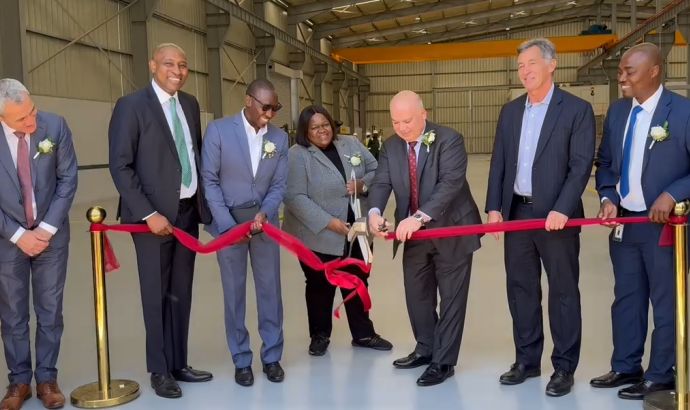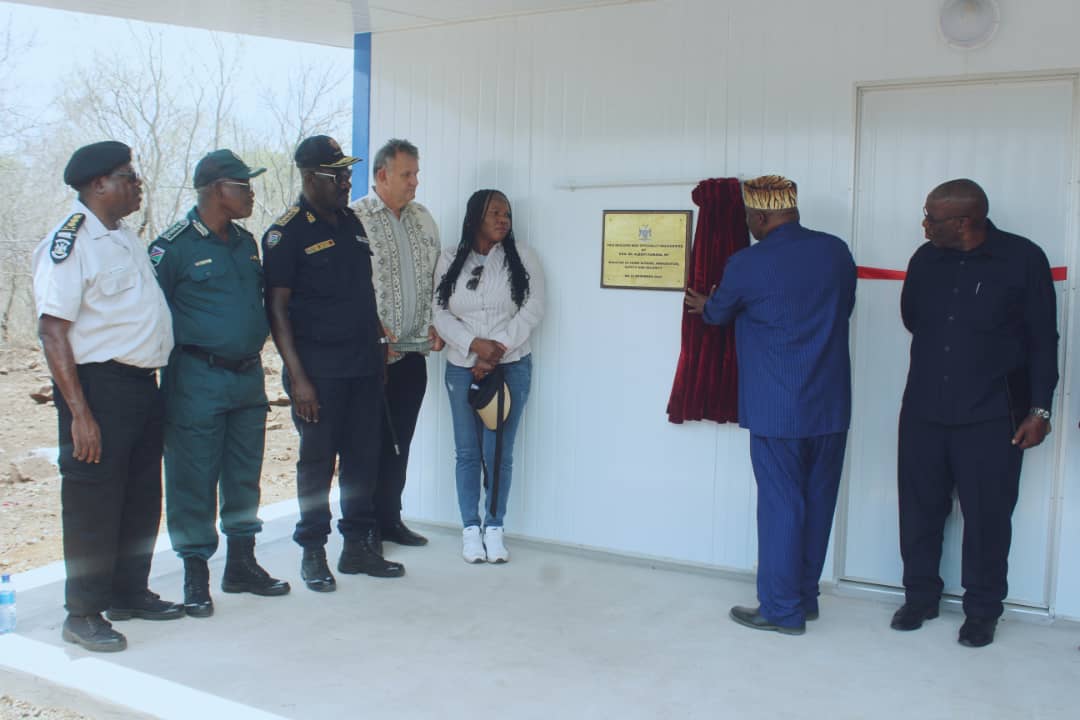The International Monetary Fund (IMF) has recommended that Namibia make all petroleum agreements between the government and oil companies publicly available.
According to the High-Level Summary Technical Assistance Report by the IMF, making this information public would help prevent corruption in the sector, as seen in other countries.
“Namibia should pre-empt such challenges by adhering to the highest standards for transparency and governance. An immediate down payment on this effort could be realised by making publicly available in an easily accessible manner all petroleum agreements concluded by the government,” noted the report.
The report was requested by finance minister Iipumbu Shiimi last year.
The government has also been advised to establish an inter-ministerial committee to coordinate petroleum sector policy design and implementation to ensure effective and consistent policy coordination moving forward.
Additionally the government has been advised to establish an inter-agency petroleum modelling team and adopt the modelling tools developed by the mission.
“The government could progress on an agreement for inter-agency sharing of data and information pertaining to petroleum sector projects,” noted the report.
According to the report, while no oil discoveries have been confirmed as commercially viable yet, the potential for significant revenue over several decades is undeniable.

However, the IMF cautioned against factoring this income into immediate budgets, as the long-term demand for oil and gas is uncertain.
“The Government has not yet incorporated any revenue from these potential investments into the medium-term fiscal planning. This is appropriately prudent,” noted the report.
This includes ensuring clear and efficient tax regulations, building capacity to manage revenue collection and developing a framework for forecasting future oil income.
According to the report, Namibia’s current oil and gas tax system appears balanced between government and investor interests.
It combines corporate income tax, profit-based tax that kicks in after a certain level of profitability is reached, royalties on sales and some government ownership in projects.
The IMF sees this system as positive but recommends some changes for better clarity and revenue protection.
These include setting limits on certain deductions and simplifying some tax calculations.
“The technical team reviewed the petroleum tax policy and legislation recommending policy measures to provide clarity and simplicity for taxpayers, while safeguarding revenue collections.”
According to the report, although National Petroleum Corporation of Namibia (Namcor) participation in oil projects offers potential financial benefits, it also comes with costs, such as Namcor’s share of exploration expenses.
The IMF suggests a cost-benefit analysis for such participation.
“Often the cost of state participation is not fully appreciated by decision makers. This includes obligations by Namcor to meet its proportionate share of exploration and development costs (cash calls) funded either through a carry arrangement, commercial borrowing or transfers from the national budget,” noted the report.
Email:shania@namibian.com.na
Twitter:@ShaniaLazarus
Stay informed with The Namibian – your source for credible journalism. Get in-depth reporting and opinions for
only N$85 a month. Invest in journalism, invest in democracy –
Subscribe Now!






